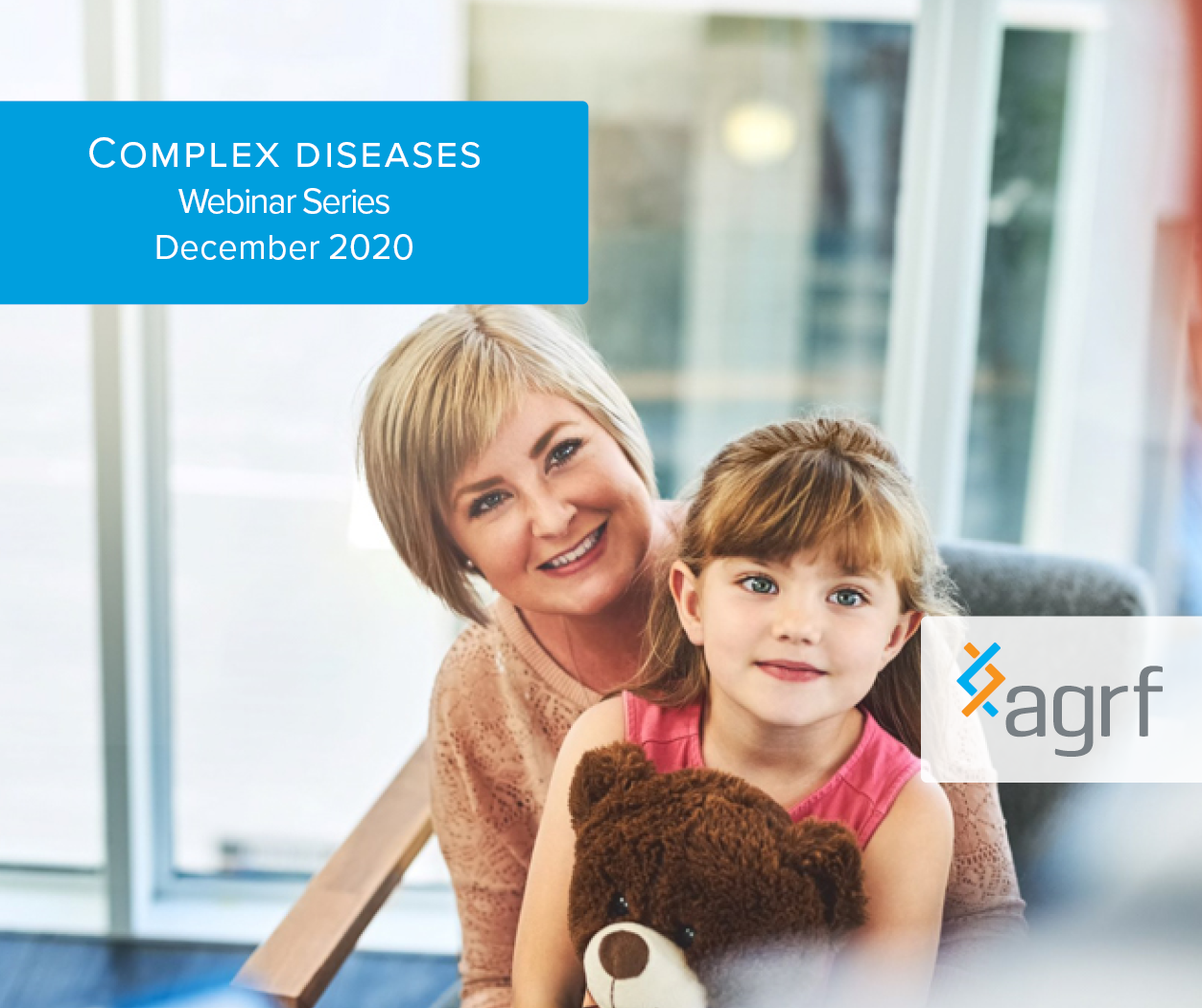Exciting news this week for AGRF, as we sign an agreement with Children’s Cancer Institute to deliver rapid, high-quality, multi-omics sequencing data to support the Zero Childhood Cancer Program and its partner network in the growing number of sequencing-centric research projects.
To further evaluate the effectiveness of a comprehensive, multi-faceted molecular approach to paediatric precision medicine, the Zero Childhood Cancer Program will be expanded to include all children and young adults diagnosed with cancer in Australia over the next few years, irrespective of cancer type, risk and stage. Their initial aim is to undertake whole genome sequencing, whole transcriptome sequencing and array-based methylation profiling of more than 10,000 children with cancer. In addition, Children’s Cancer Institute will be launching new population-scale sub studies to further investigate paediatric cancer risk. Over the next five years, patient samples will undergo comprehensive genomic profiling to identify molecular signatures and actionable targets to improve their health outcomes.
Vanessa Tyrrell, Program Leader of ZERO at Children’s Cancer Institute said, “Today, we have over 500 children and young people enrolled on ZERO. As we prepare to expand ZERO to one day give every child diagnosed with cancer the very best chance of survival, we’re excited to partner with AGRF to make this happen. Together, we will strive for a future where all children have the best chance of living their best lives.”
And AGRF’s CEO, Dr Kirby Siemering, said, “At AGRF, we are extremely proud to contribute our technology platforms and expertise in genomics to this incredible project. Working together with the talented team at Children’s Cancer Institute and ZERO partners, we aim to make a meaningful impact on the lives of children living with cancer”.
Led in partnership by Children’s Cancer Institute and Kids Cancer Centre at Sydney Children’s Hospital (Randwick), Zero Childhood Cancer brings together all major Australian clinical and research centres working in childhood cancer, as well as international collaborators.























